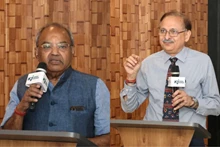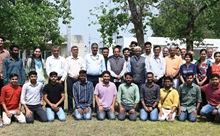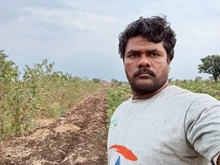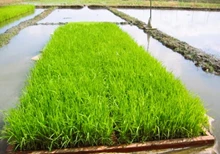
World Mosquito Day, observed annually on August 20, is a significant global event that sheds light on the impact of mosquitoes and the diseases they transmit.
The day marks the groundbreaking discovery made by Sir Ronald Ross in 1897 when he confirmed that female Anopheles mosquitoes were responsible for transmitting the deadly malaria parasite. Since then, the observance has expanded its focus to raise awareness about various mosquito-borne diseases and the measures taken to control their spread.
In 2023, World Mosquito Day continues to serve as a reminder of the ongoing efforts to combat these diseases and protect global health.
Threat of Mosquito-Borne Diseases
Mosquitoes are among the most dangerous creatures on the planet, responsible for transmitting a range of diseases that affect millions of people each year. Malaria, dengue fever, Zika virus, chikungunya, and West Nile virus are just a few examples of illnesses transmitted by these tiny insects. The impact of these diseases extends beyond health, affecting economies, societies, and the overall quality of life in affected regions.
Global Efforts to Combat Mosquito-Borne Diseases
World Mosquito Day serves as a platform to showcase the collective efforts of governments, organizations, researchers, and communities to combat mosquito-borne diseases. Various strategies have been employed to control mosquito populations and prevent disease transmission-
1. Vector Control- This involves measures to reduce mosquito populations through methods such as insecticide-treated bed nets, indoor residual spraying, and larval control in breeding sites like stagnant water sources.
2. Public Awareness and Education- Raising awareness about mosquito-borne diseases and their prevention is crucial. Educational campaigns inform communities about the importance of using bed nets, eliminating breeding sites, and seeking medical attention promptly.
3. Research and Innovation- Scientists continually research new methods for controlling mosquito populations, developing vaccines, and improving diagnostics. Advances in genetic modification techniques hold promise for creating mosquitoes that cannot transmit diseases.
4. International Collaboration- Given the global nature of mosquito-borne diseases, collaboration between countries, organizations, and researchers is vital. Sharing knowledge, resources, and best practices helps strengthen the fight against these diseases.
Challenges and Future Outlook
Despite progress, challenges persist in the battle against mosquito-borne diseases. Climate change, urbanization, and increased travel can contribute to the expansion of mosquito habitats and disease transmission zones. Additionally, insecticide resistance among mosquito populations poses a significant challenge to vector control efforts.
Looking ahead, continued investment in research, innovation, and international cooperation is essential. Developing effective vaccines and treatments, implementing sustainable vector control strategies, and addressing socio-economic factors that contribute to disease vulnerability are critical components of the future fight against mosquito-borne diseases.
Individual and Community Action
World Mosquito Day is a reminder that individuals and communities play a vital role in preventing mosquito-borne diseases. Simple actions, such as wearing long sleeves and using insect repellent, draining standing water, and ensuring proper sanitation practices, can significantly reduce mosquito populations and disease transmission risks.
Therefore, it is a time to reflect on the progress made in combating mosquito-borne diseases while acknowledging the ongoing challenges that require sustained attention. By promoting awareness, fostering collaboration, and taking proactive measures, we can work together to reduce the global burden of these diseases and create a healthier, safer world for all.











